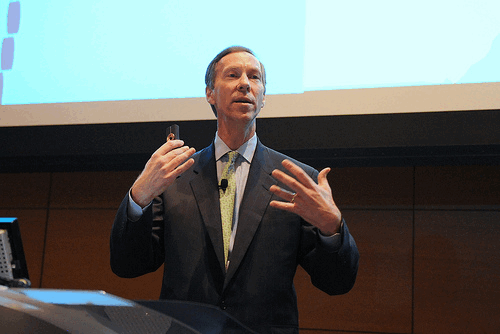Welcome to the newest edition of the Cavalcade of Risk (CoR), in which we feature relevant and timely blog posts covering topics from small business risk management to fire and flood insurance to medical misadventures. These posts, and their authors, offer up unique and informative posts on all things risk management and insurance. Enjoy.
- Risk Management: Nancy Germond presents the post “Preparing for a Catastrophe May Save Your Business” on AllBusiness.com. The post focuses on disaster preparedness and disaster recovery for you and your business — a timely topic.
- Insurance: OutlawFinance.com presents a post on the importance of knowing exactly what a fire or flood insurance policy covers. Read “4 Questions to Ask Yourself About Fire and Flood Insurance” at Outlaw Finance Blog.
- Legal: Jean Sidorov of Disease Management Care Blog writes about a recently passed Florida law that muzzles doctors from talking to patients about firearm safety. Check out “Firearm Safety, Florida Law, Guidelines…and Pools.”
- Health: A slightly tongue-in-cheek post about the “Five Ways to Reduce Your Risk of Medical Misadventure” from CoR regular Russell Hutchinson at the Chatswood Consulting Moneyblog.
- Current: Claire Wilkinson at the Insurance Information Institute’s blog, Terms + Conditions, writes about the ongoing wildfires in Texas and how fires in that state have consumed an area the size of Connecticut this year alone.
The next Cavalcade of Risk host is Jaan Sidorov at the always informative and interesting Disease Care Management Blog. Don’t forget to check out the next batch of blog posts on his site.




